- favorite 1 likes
- remove_red_eye 8550 views
Article 10-23
The Vocabulary of Scents
Vocabulary will enable you to express more fully what your nose communicates to you.
A-
Accord: A balanced complex of three or four notes that lose their individuality to create a completely new, unified odor impression.
Adaptation: A tolerance to a particular perfume or scent so that it becomes unrecognizable.
Adulteration: Not 100% pure. Addition of material other than what is claimed.
Alcohol: Smelling of rubbing or ethyl alcohol.
Aldehyde: A scent with a rich opulence; a recognizable top note with a lemony or lemongrass scent.
Animal note: A sensual, heady base note associated with the animal source oils: musk, civet, ambergris and castoreum. Smelling of fecal odors. Animal notes can also be achieved from vegetable sources such as angelica, cistus, ambrette, and jasmine.
Anisic: Having a licorice – like odor of aniseed or fennel.
B-
Balsamic: Having the sweet, soft, warm odor of resins.
Base note: This is the bottom note and may show great tenacity. It acts as a fixative. Also called the dry-out note, it may occur only after several hours, and may continue for several days.
Blue: A scent in nature that is very elusive and hard to capture. Blue smells synthetic: total fantasy, as cool blue, blue water, rain, blue sky, dry seaweed scent.
Boeuf: A bad smell, like rotten meat (from the French word for “beef”).
Bouquet: A subtle, well-balanced blend of two or more fragrances. In French, the term refers to the combined floral quality of a smell.
C-
Camphorous: Sharp smelling of camphor, like strong inhaler.
Chypre: Pronounced SHEE-pra. A fragrance blend described as heavy and clinging with a flowery characteristic. A fruity eau de Cologne with an oakmoss bass.
Citrus: The fresh tangy smell or lemon, lime, orange, and so on. Citrus smells are considered antierogenous.
Cool: A term to describe outdoorsy scents such as green leaves after a rain, bracing mint notes, and citrus.
Creamy: Some perfumes smell creamy thanks to the large doses of vanillic, musky and milky notes.
Cush: A funky still smell of residue from the last distillation; a sulfur smell.
Diffusion: A spontaneous vibrancy that causes a fragrance to radiate around your being.
D-
Dry: A term to describe a fragrance that lacks sweetness, for instance one with woody notes.
Dry-out note: The residual odor left after the volatile components have evaporated.
E-
Earthy: The aroma of freshly turned soil. The scent is achieved with oakmoss, patchouli and vetiver, or spikenard.
Evaluate: In perfume testing, short little sniffs rather than long, deep inhalations are used for evaluation.
F-
Fatty, Unctuous: An impression of thickness, heft and richness. A French term for it is “gras,” fat, and it is a trait that you often find in classical fragrances. This quality is often imparted by natural raw materials, especially floral essences.
Floralcy: a jargon term meaning that a fragrance has a floral element or a floral character. Sometimes it means an abstract floral sensation that does not refer to any one flower in particular.
Fixative: Derived from resins, mosses, and roots, fixatives modify the evaporation rate of a perfume’s note-giving element and make the scent lasting.
Florentine vase: Also called a Florence container and Erlenmeyer flask, a container used in the distillation process to catch the completed distillation of water and oil.
Foresty: Resembling the odor of wood, or the woods.
Fresh: A brisk, lively character of citrus or clean composition.
Fruity: Any of the sweet fruit smells, such as apple and orange.
G-
Gourmand: an edible, dessert reminiscent fragrance. Vanilla, caramel, toasted almonds, cotton candy, chocolate, and marshmallows are the most recognizable gourmand notes.
Green: A grasslike scent: dry, clean, and bright.
H-
Herbaceous: Having an odor of herbs and garden plants.
I-
Indolic: A moth-ball like scent present in small doses in jasmine, orange blossom and tuberose. By itself, Indole is sometimes described as fecal, but while it is present in products of decay, it does not have the sweet, rotten scent. In low concentrations, it smells pleasantly floral.
J-
Jagged edges: Prominent notes; failure to blend; lacking synergy.
K-
Ketones: Jagged, powerful, medicinal, sharp, and sometimes abrasive.
L-
Lactonic: milky, creamy, sweet. Lactonic scents are reminiscent of fresh dairy products, vanilla, coconut, almond or peach skin, since lactones naturally occur in dairy products, pork, apricots, plums, peaches, figs and other fruit.
Leather: Musky odor with a distinct smell of animal hides. A note recalling the tangy and animalic quality of fine leather. It can be smoky and dry like the birch tar based leather.
M-
Marriage: The interval of time that ensures proper blending. For a fragrance to blend properly, it needs a few days to “marry” or “age.”
Mellow: A fragrance that has achieved a perfect balance; a smooth, rich fragrance.
Metallic: Having a cool, clear effect, like a steel pan after it’s rinsed with cool water.
Middle note: Scent that may last around three hours.
Mossy: Earthy, green, humus smelling.
Mousy: Not a good smell; a bit animal-like.
Musky: There are many different types of musk, and every fragrance contains at least one of them. Some musks smell metallic and earthy, others are sweet and creamy. White musks, for instance, have a freshly ironed linen impression. Luminous musks, radiant musks, solar musks and other exotic musks that crop up in fragrance descriptions usually fall into the modern white musk category.
N-
Note: A single impression in fragrance
O-
Oriental: A fragrance family that uses rich notes of vanilla, balsams, sandalwood, patchouli and musk to create a heady, sensual aura.
Oriental spice: A classification of perfumes with a common theme of amber-patchouli-vanilla in the base note, and cinnamon and spices on top.
P-
Peppery: Hot and spicy; exotic. Scents of black or green pepper.
Petally: Soft, waxy sensation evoking the feel of flower petals. It is a very common jargon term, especially since many feminine fragrances today need to have this feeling.
Phenolic: Smoky, dry, slightly acrid scent that can be used to describe various leather notes, including blackcurrants, tea, chocolate, coffee, pomegranates and yerba maté. It does not pop up often in marketing copy, but it can be used to describe the scents of certain raw materials.
Powdery: A soft, hazy, opaque sensation imparted by the combination of heliotrope, violet, almond, and musk with herbal and citrus notes. Powdery fragrances can suggest makeup or Johnson & Johnson baby powder.
Pot odor: In French, vegetalle. A sulfury odor present in an essential oil or floral water immediately upon distillation.
Pungent: Piercing and spicy; a smell with a hot character similar to pepper.
R-
Resinous: A term describing dry, sharp odor of resinous materials like frankincense and elemi.
Refined: cleansed or purified
Rich: Full, with intensified depth and harmony. A general term that suggest an idea of opulence, heft, or a strong presence.
Round: Perfectly toned and complete in effect.
S-
Sharp: A peak or certain blend that is almost strong.
Sillage: The trail left by a perfume in the wake of its wearer.
Sniffing: The act of inhaling in short little drafts to get the effects of an odor. See evaluate.
Soft: A very light, innocent effect; bois de rose is an example.
Soapy: The scents associated with the common soap perfumes. It is a vague term because soap smells very differently depending on where you grew up. However, when soapy is used to describe a perfume in North America, it usually means that a perfume is either aldehydic, fatty and waxy, has a strong white, laundry-type musk.
T-
Terpenic: Sharp, piney and biting. If you have ever used the Pine-Sol cleaning products, you are familiar with this pungent scent. What comes as a surprise is that in perfumery terpenic facets show up in the most delicate of floral accords such as lilac and freesia. A small degree of sharpness can cut the richness and create an interesting interplay of sensations, but an overly terpenic scent in a fine fragrance is not pleasant.
W-
Warm: A scent such as from cedar or precious woods.
Warming: A formulation with a heating action.
White Floral: A very general term that encompasses the jasmine-family florals (jasmine-like in terms of scent night blooming flowers like jasmine, orange blossom, tuberose, gardenia, frangipani, etc.
Woody: Evoking the dry, resin-like scent of pencil shavings. Some materials can smell woody even though they are not woods: the grassy plant patchouli smells dry, pungent, earthy and woody; Cashmeran is a type of musk with a strong woody-ambery nuance.
V-
Vanillic: Can refer either to vanilla or to vanilla redolent materials: benzoin, tolu balsam, vanillin.
Z-
Zesty: a citrusy, fizzy and astringent sensation reminiscent of grated citrus peel orspice.
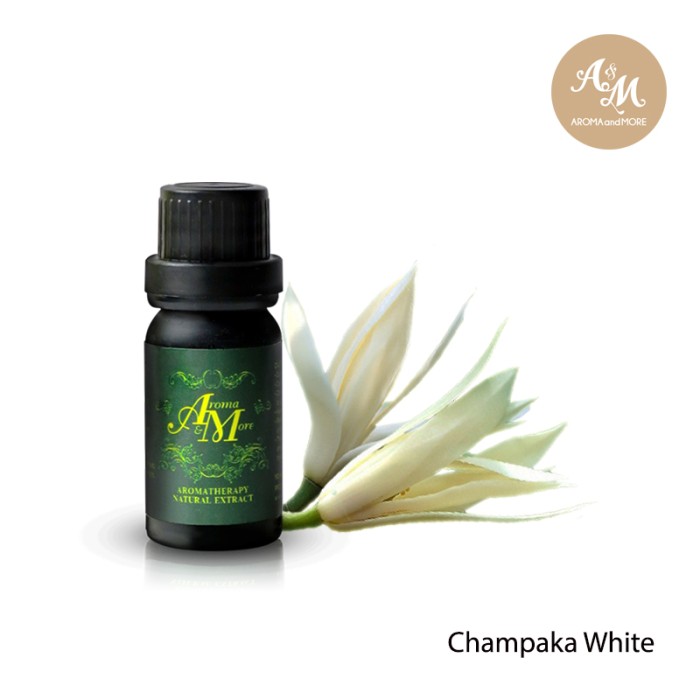
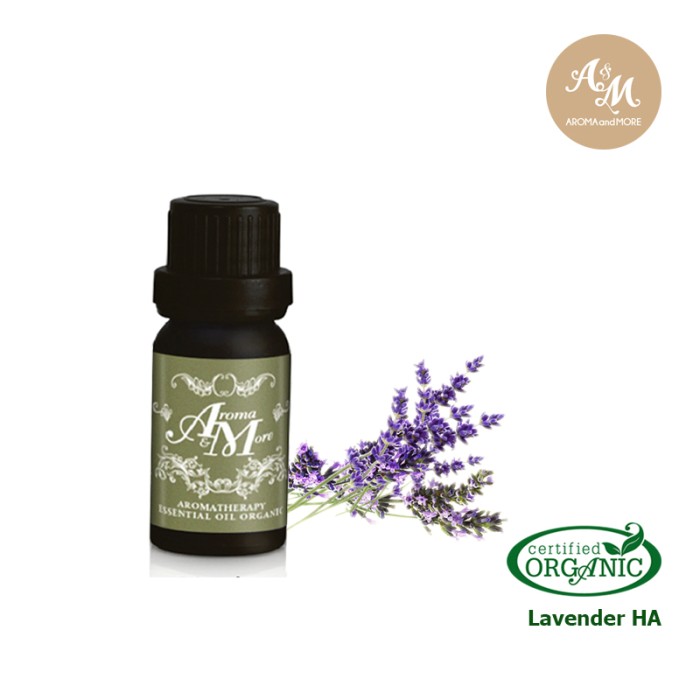
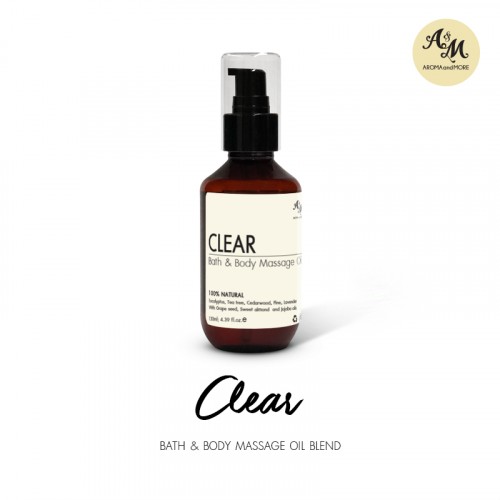

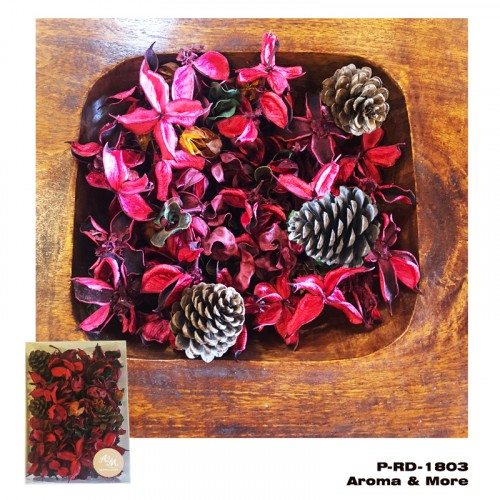
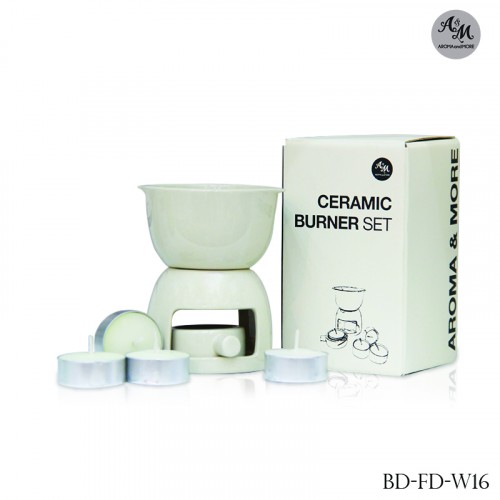
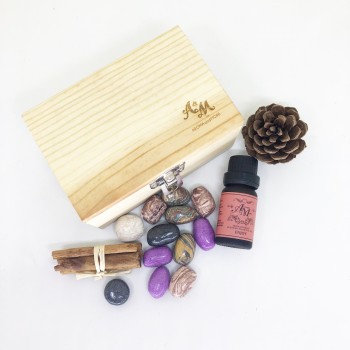
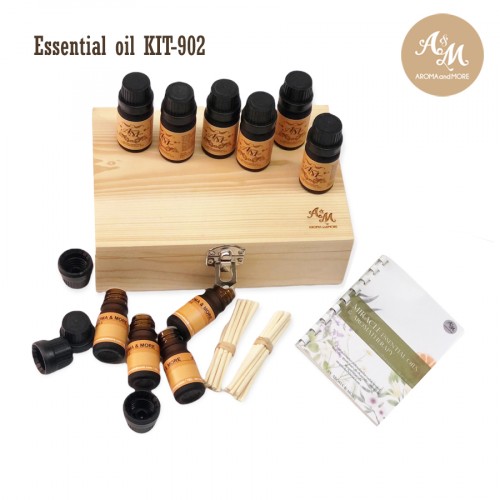
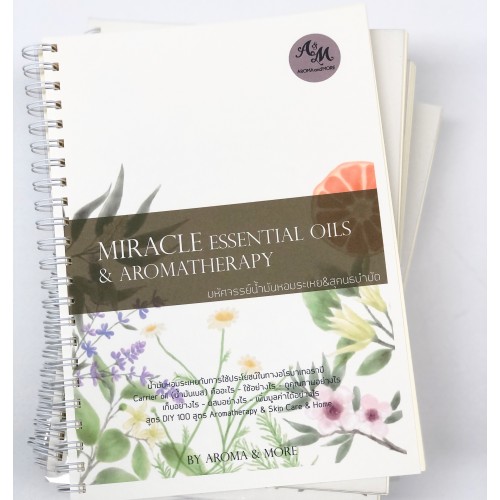
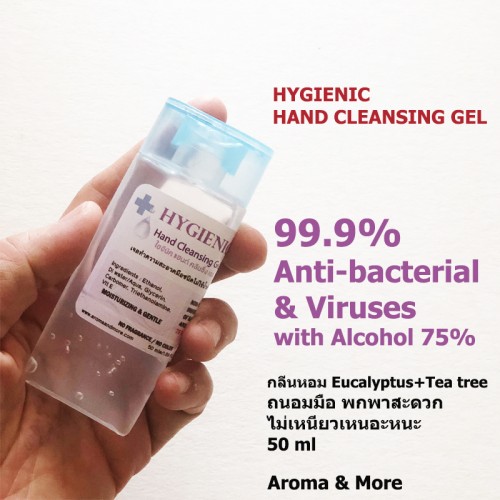

 TH
TH

